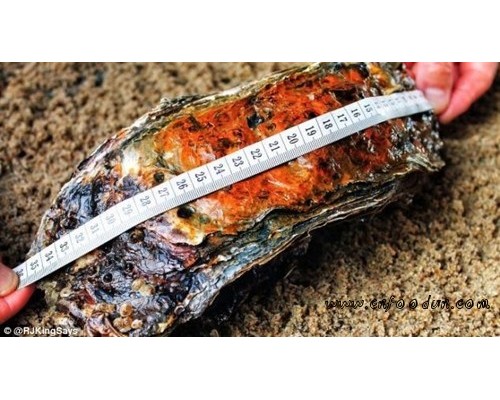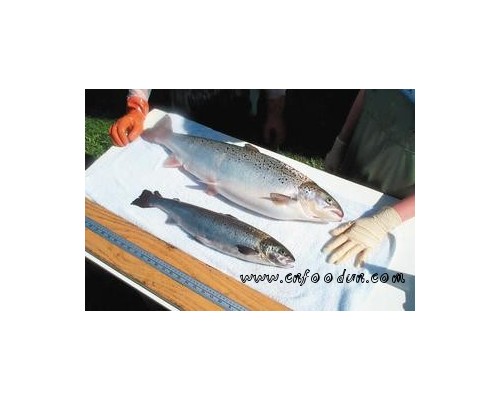食品伙伴网导读:2010年4月14日,应欧盟委员会要求,欧盟食品安全局评估了由鱼类中的寄生虫导致的食品安全问题,并评估了降低感染风险的方法。
原文报道:
The European Food Safety Authority (EFSA) was asked by the European Commission to assess food safety concerns resulting from possible allergic reactions to parasites in a range of fish products and to assess methods to reduce risks of infection. In its opinion, EFSA’s Biological Hazards (BIOHAZ) Panel concludes that the only parasite in fish products for human consumption likely to cause allergic reactions is Anisakis, a parasitic worm whose larvae can be found in fish flesh. The opinion of the BIOHAZ Panel gives details on the effectiveness of freezing and heating treatments to kill or inactivate the Anisakis larvae[1].
Allergic reactions are most likely to occur when a person eats fish infected with live larvae. The role and extent to which allergens from Anisakis can trigger allergic reactions is still not completely clear; but the risk of allergy is considered to be higher in fish products containing live Anisakis larvae than in those containing dead larvae. Allergic reactions to Anisakis include gastroenteritis, rheumatological and dermatological symptoms.
The Panel also says that, based on current knowledge, for fish caught in the wild no sea fishing areas can be considered free of Anisakis larvae. For the only farmed fish for which sufficient data are currently available – Atlantic salmon - the Panel concludes that when reared in floating cages or onshore tanks and fed feedstuffs not containing live parasites, the risk that this fish may become infected with Anisakis is negligible.
Allergy cases are more frequently recognised in some European regions, and rarely, if at all, reported in other areas in Europe; this may be due to different monitoring systems and consumption habits. It is recommended that the surveillance and diagnosis of allergic reactions to parasites in fish products should be strengthened throughout the EU. The Panel encourages further studies on the disease, including the life cycle of the parasites, their geographic distribution and the role of farming practices in parasite propagation.
The Panel adds that in order to reduce cases of allergies it is important to provide health professionals, people working in the fish industry and the general public with information on the risks resulting from these parasites, as well as on best methods to eliminate them.
- Scientific Opinion on risk assessment of parasites in fishery products
Notes to editors
This scientific opinion was produced by EFSA’s scientific Panel on Biological Hazards (BIOHAZ), in cooperation with the Panel on Dietetic Products, Nutrition and Allergies (NDA). Previous scientific works on the subject include:
- In 1998, the former Scientific Committee on Veterinary Measures relating to Public Health (SCVPH) provided an opinion on “Allergic reactions to ingested Anisakis simplex antigens and evaluation of the possible risk to human health”.
- The EFSA Opinion of 2004 of the Scientific Panel on Dietetic Products, Nutrition and Allergies , also highlighted possible allergic reactions due to parasites that may be present in fishery products.
详情见:http://www.efsa.europa.eu/en/press/news/biohaz100414.htm







